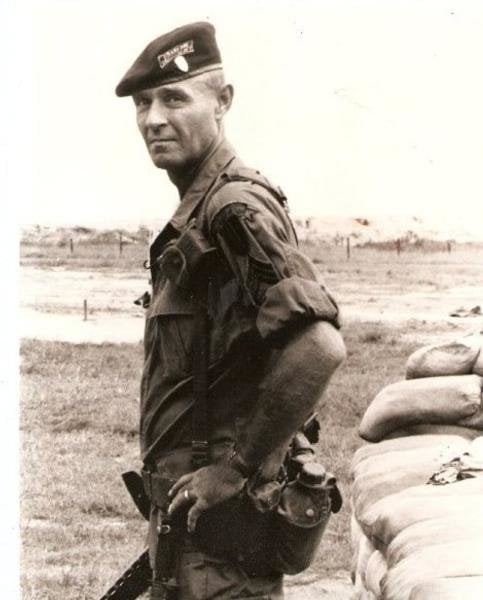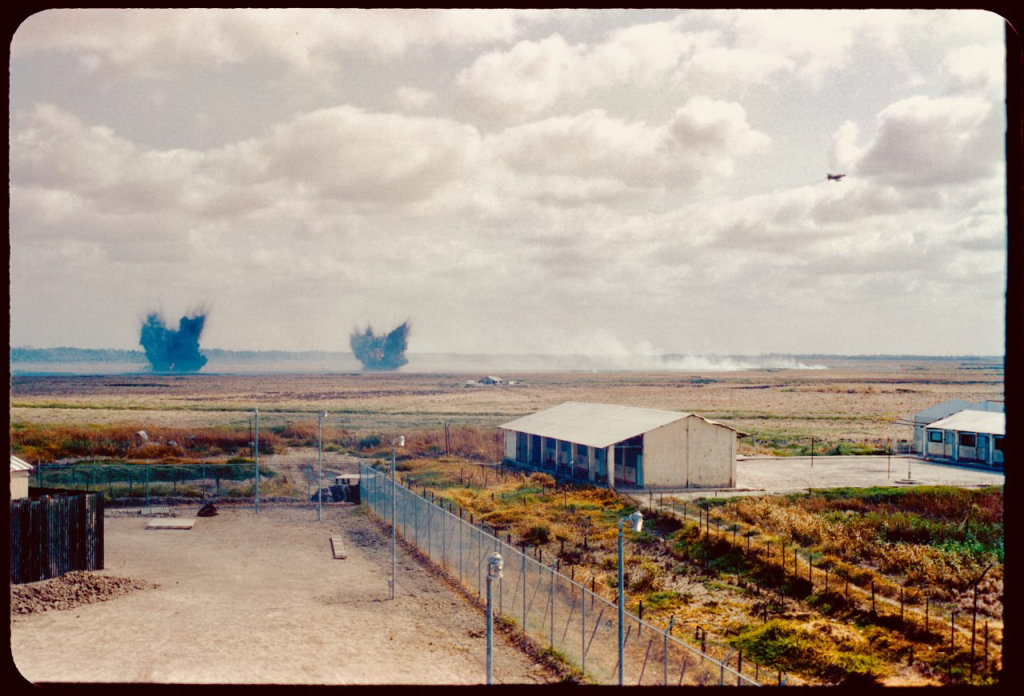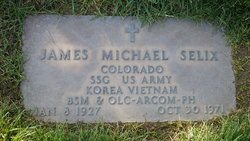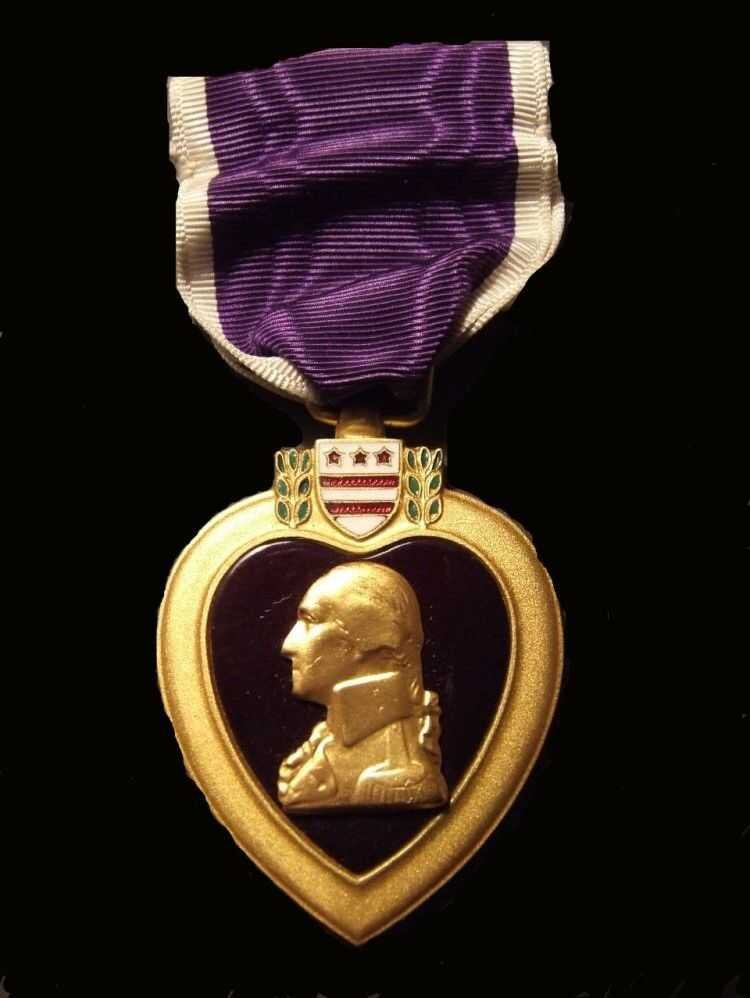The Last Advisor: Staff Sergeant James Michael Selix – United States Army
“The Last Advisor – Staff Sergeant James Michael Selix” Advisory Team 99, Headquarters, MACV – Bronze Star Medal for Valor (with “V” Device and Oak Leaf Cluster)
October 30, 2025

 By the autumn of 1971, the long American war in Vietnam was fading toward its uncertain end. U.S. combat divisions were going home, their flags cased, their bases turned over to the South Vietnamese. What remained were the advisors — a few thousand men who stayed behind to guide, teach, and, when necessary, fight alongside their allies.
By the autumn of 1971, the long American war in Vietnam was fading toward its uncertain end. U.S. combat divisions were going home, their flags cased, their bases turned over to the South Vietnamese. What remained were the advisors — a few thousand men who stayed behind to guide, teach, and, when necessary, fight alongside their allies.
Among these was Staff Sergeant James Michael Selix of Colorado Springs, Colorado — a combat veteran, instructor, and soldier’s soldier. He belonged to Advisory Team 99, part of Headquarters, MACV, the vast but thinning organization charged with transferring a decade’s worth of war to South Vietnamese hands.
Selix was 44 years old — old enough to have seen both Korea and Vietnam, yet still in the field, still carrying the weight of younger men’s wars.
A Lifetime in Uniform
Born January 8, 1927, in Colorado Springs, James Selix grew up in the shadow of Pikes Peak and the call of service. He came of age as World War II ended and joined an Army that was transforming itself into a global force. Over the next two decades he built a career defined by quiet competence — the kind of non-commissioned officer who led from the front and earned respect the old-fashioned way: by doing the work.
By the time Vietnam escalated, Selix had become a seasoned Infantry Instructor, capable of teaching tactics, marksmanship, and small-unit leadership. His transfer to MACV’s Advisory Team 99 reflected both his experience and his calm under pressure — qualities indispensable in a war where every mission could turn into a fight.
Advisors in a Vanishing War
To the outside world, the word advisor sounded administrative. In truth, it meant combat leader without command — a man who lived, ate, and fought with South Vietnamese units, guiding them through operations while American support quietly receded.
By 1971, most U.S. infantry battalions had left Vietnam. What remained were Regional and Popular Forces, local soldiers defending provinces like Binh Duong, and a handful of American advisors embedded with them. These teams worked from small compounds, usually a handful of officers and NCOs surrounded by sandbags, radios, and maps.
Selix’s duties ranged from planning patrols and calling in air or artillery strikes to mentoring young South Vietnamese commanders learning to fight without massive U.S. backup. Every advisor walked a tightrope — expected to lead in battle but without the manpower or firepower of the old days.
Bronze Star for Valor
Courage under those conditions often went unrecorded. But Selix’s heroism did not. His service record lists the Bronze Star Medal for Valor, bearing the Combat “V” Device — and an Oak Leaf Cluster, marking a second award for heroism. The citation language, like most from MACV, is brief: “For heroic achievement in connection with military operations against a hostile force in the Republic of Vietnam.”
Behind those words were moments of extraordinary risk — rushing through incoming fire to reach pinned-down allies, coordinating evacuation under attack, or standing his ground when others might have withdrawn. Advisors often found themselves in fights that never made the news, where survival depended on instinct and trust.
Each Bronze Star spoke not only to bravery but to devotion — the willingness to keep showing up even as the war unraveled.
Binh Duong, October 30 1971
The province of Binh Duong, north of Saigon, had long been a crossroads of conflict. Its jungles and villages had seen nearly every phase of the war — from early Viet Cong insurgency to massive U.S. sweeps and, by 1971, the gradual handover to South Vietnamese control.
On October 30, 1971, Staff Sergeant Selix was operating with South Vietnamese troops during a local security mission. The details remain clouded in the fog of battle, but what is known is this: amid an exchange of fire, the line between friend and foe blurred. In the confusion, friendly rounds struck Selix.
The Army’s report recorded it as “Hostile Action – Misadventure (Friendly Fire)” — a classification both precise and devastating. In military terms, it meant he died under combat conditions caused by friendly forces. In human terms, it meant a moment of chaos had claimed a man who had survived years of deliberate danger.
He was mortally wounded before evacuation could reach him.
The Quiet Weight of Friendly Fire
War is rarely neat. The same closeness that builds trust between allies can, in a heartbeat, turn tragic. In Vietnam’s dense terrain — with shifting lines, radio confusion, and split-second decisions — such losses were far more common than official reports ever admitted.
For advisors, the risk was doubled. They moved constantly between units, languages, and chains of command. They fought beside men they trained, often distinguishing friend from foe by the flash of a muzzle or the sound of a voice.
Selix’s death was not a failure of courage — it was the cost of living at the edge of uncertainty. Every advisor understood that cost.
A Soldier’s Soldier
Those who served with him remembered Selix as the steady center of the storm — a leader who taught by example and never raised his voice. At 44, he could have retired from active duty. Instead, he volunteered to stay, believing his experience could save younger lives.
He embodied the heart of the non-commissioned officer corps — the quiet professionals who held the Army together through every war and withdrawal. When others left Vietnam, he remained, closing the circle that younger men had begun years earlier.
He did not go to Vietnam to win headlines. He went to finish a job, to see that those he trained could stand on their own.
The End of America’s Longest Decade
In the months following Selix’s death, U.S. involvement in Vietnam continued to shrink. The Paris Peace Talks dragged on; the last combat units departed in 1972; and by 1973, only a handful of advisors remained.
Men like James Michael Selix became symbols of that final chapter — the bridge between full war and uneasy peace. Their mission was mentorship, but their daily reality remained combat. When the shooting stopped, they faded quietly into history, leaving behind allies who still looked for the green-and-brown uniforms that had once stood beside them.
Home to Colorado
After his death, Selix was brought home to Colorado Springs, the city of his birth and the community that had shaped his sense of duty. He was laid to rest in the Memorial Gardens Cemetery and Mausoleum, beneath the same mountains he had seen as a boy.
For his family, the telegram confirmed what they already knew in their hearts: he had lived as he had served — with integrity, loyalty, and courage. His decorations — two Bronze Stars for Valor and a Purple Heart — are tangible echoes of that life.
His name appears on the Vietnam Veterans Memorial Wall, Panel 02W, Line 74, one line among more than 58,000, each representing a life that once beat with purpose.
The Legacy of Advisors
The advisors of MACV are often overlooked in the grand narrative of the Vietnam War, yet their influence was profound. They were teachers, mediators, and sometimes the last Americans standing in remote provinces.
Their courage came not from numbers but from presence — from staying when they could have gone, from fighting with allies who depended on them, from accepting isolation as part of duty.
Selix personified that legacy. He was the older voice in a young man’s war, the mentor who still shouldered a rifle. His death reminds us that even at the war’s end, sacrifice did not cease.
Final Honors
Staff Sergeant James Michael Selix
United States Army
Advisory Team 99, Headquarters, Military Assistance Command Vietnam (MACV)
-
Born: 8 January 1927 – Colorado Springs, Colorado
-
Died: 30 October 1971 – Binh Duong Province, South Vietnam
-
Entered Service: Regular Army
-
Cause: Hostile Action – Misadventure (Friendly Fire)
-
Decorations: ★ Bronze Star Medal (with “V” Device and Oak Leaf Cluster) ★ Purple Heart

He stayed behind to teach and to lead —
and gave his life among those he came to serve.
